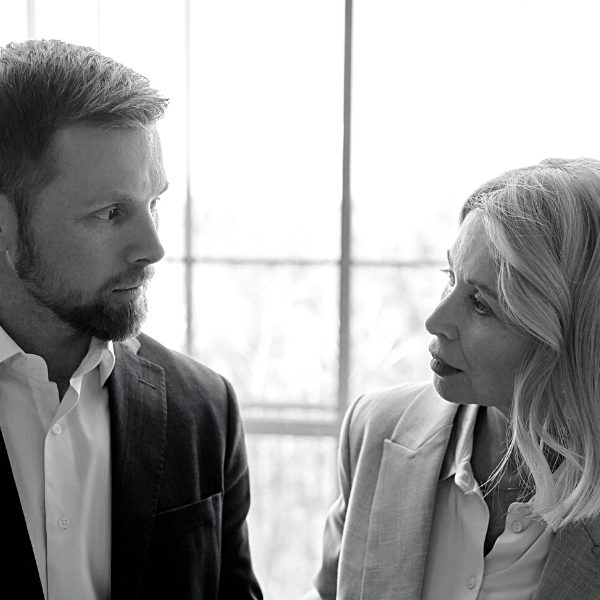As an international manager, effective communication across diverse teams and cultures can be challenging. Balancing interactions with colleagues, superiors, and conflict resolution is complex, especially in virtual settings. Managers also face pressure to deliver engaging presentations that achieve desired outcomes. By mastering verbal and non-verbal communication and using the right techniques, they can turn public speaking challenges into opportunities for growth and influence.

As an international manager, effective communication across diverse teams and cultures can be challenging. Balancing interactions with colleagues, superiors, and conflict resolution is complex, especially in virtual settings. Managers also face pressure to deliver engaging presentations that achieve desired outcomes. By mastering verbal and non-verbal communication and using the right techniques, they can turn public speaking challenges into opportunities for growth and influence.

At MCE, we focus on 5 key areas of communication that support international managers in their day-to-day roles.
Let’s look at the key communication areas and the challenges:





– they are busy and don’t have much time for you. But you need to convince them and get their buy in. Very often you have to make great presentations to convince them – either face to face or virtually.
– your colleagues come from many different cultures and generations, so you need to be diplomatic but get your message across.
– you have to be flexible but need to communicate to colleagues, clients and all levels of the organization at the same time. This is not easy and you might have to do this as a virtual member of the team.
– either face to face or from a distance is an important part of your role as a manager every day. There are simple clear ways to do it right.
creates new issues – out of sight and out of mind can often be true. Motivating the team is key when they are far away.
is important for all your team members
from your boss or other senior executives is not easy. They don’t have time and don’t understand all the details of your project, but you need to get them interested.
is the only effective way to communicate upwards.
your boss or senior executives evaluate your presentation
– sometimes you need to communicate difficult situations and get buy-in. This is not easy. Your voice as a leader is very important.
– we all get stressed and nervous. But there are tools that can help us cope with this.
or manager – is key in your day-to-day role.
But what do you do about it? How do you solve them in a way that everyone feels OK.
– sometimes people get lost on small things but focussing them on the real goals is often the best solution.
and understand the real issues behind the conflict. It is not always what it appears to be.
Let’s look at the key communication areas and the challenges:
Communicating with
Convincing your colleagues about projects
- they are busy and don’t have much time for you. But you need to convince them and get their buy in. Very often you have to make great presentations to convince them – either face to face or virtually.
– your colleagues come from many different cultures and generations, so you need to be diplomatic but get your message across.
– you have to be flexible but need to communicate to colleagues, clients and all levels of the organization at the same time. This is not easy and you might have to do this as a virtual member of the team.
– either face to face or from a distance is an important part of your role as a manager every day. There are simple clear ways to do it right.
creates new issues – out of sight and out of mind can often be true. Motivating the team is key when they are far away.
is important for all your team members
other senior executives is not easy. They don’t have time and don’t understand all the details of your project, but you need to get them interested.
is the only effective way to communicate upwards.
your boss or senior executives evaluate your presentation
– sometimes you need to communicate difficult situations and get buy-in. This is not easy. Your voice as a leader is very important.
– we all get stressed and nervous. But there are tools that can help us cope with this.
or manager – is key in your day-to-day role.
But what do you do about it? How do you solve them in a way that everyone feels OK.
– sometimes people get lost on small things but focussing them on the real goals is often the best solution.
and understand the real issues behind the conflict. It is not always what it appears to be.
Communicating with Your Colleagues & Clients
Communicating with Your Colleagues & Clients
Communicate with Your Boss
Communicating as a Senior Director or Executive
Presentation Skills Programmes






























